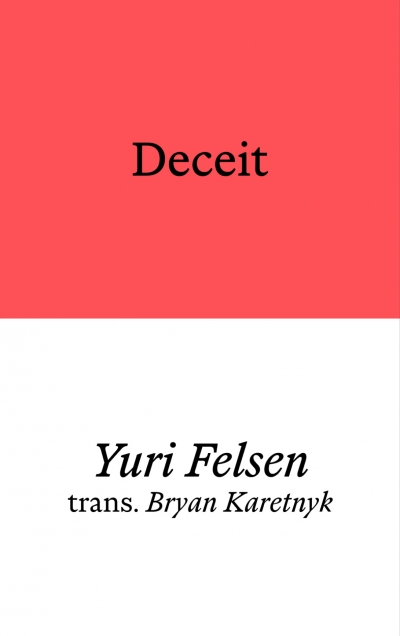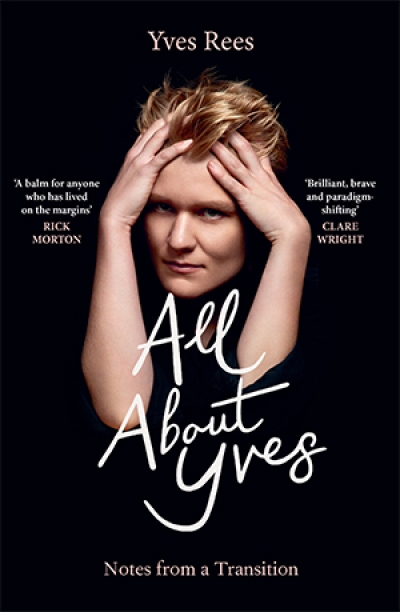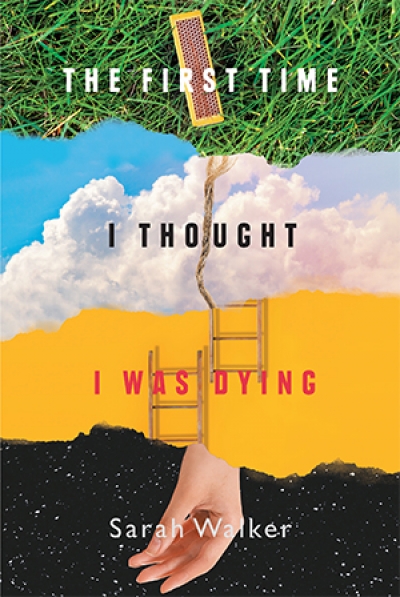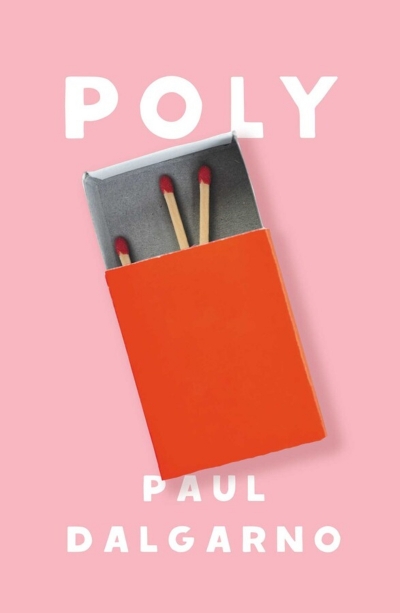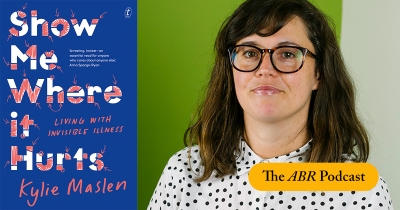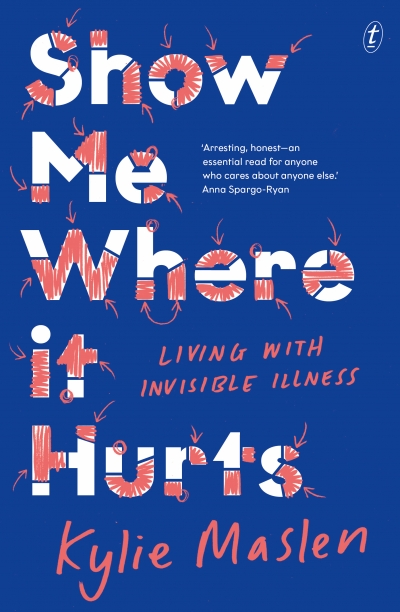Kate Crowcroft
Sign up to From the Archive and receive a new review to your inbox every Monday. Always free to read.
Recent:
Kylie Maslen's début essay collection, Show Me Where It Hurts, is an intimate exploration of living with chronic illness. Maslen describes her own experiences with the invisible illness she has lived with for the last twenty years, delving into its daily reality while incorporating music, literature, television, film, online culture, and more. Kate Crowcroft, who reviews the book in ABR's November issue, describes it as 'essential reading for those of us with the privilege of having a body that behaves itself'.
... (read more)Show Me Where It Hurts: Living with invisible illness by Kylie Maslen
by Kate Crowcroft •


